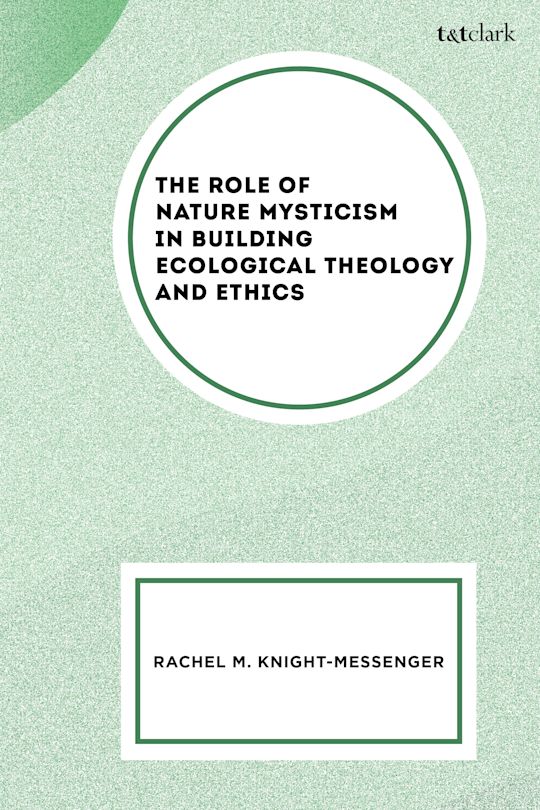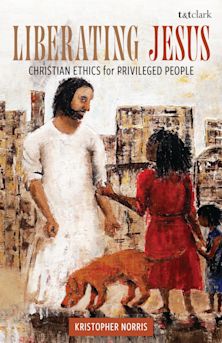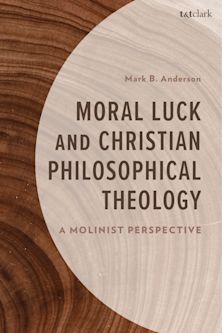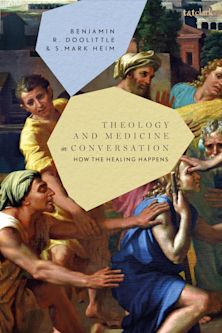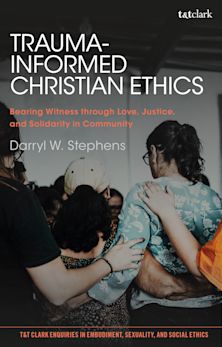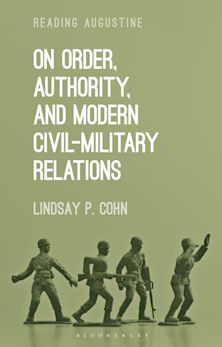- Home
- ACADEMIC
- Theology
- Theological Ethics
- The Role of Nature Mysticism in Building Ecological Theology and Ethics
The Role of Nature Mysticism in Building Ecological Theology and Ethics
The Role of Nature Mysticism in Building Ecological Theology and Ethics
You must sign in to add this item to your wishlist. Please sign in or create an account
Description
As eco-theologians continue to address the current ecological crisis, there is continued effort to examine ways Christianity can contribute to building an ecological theology and ecological ethic that takes seriously the human responsibility for creation. In this book, the author contributes to ecological theology and ethics by examining how a unique type of Christian mysticism, nature mysticism, can be incorporated into ecological ethics. The rich tradition of Christian nature mysticism, as examined in the mystical theology of both Pierre Teilhard de Chardin and Thomas Merton, demonstrates how a nature mystic becomes conscious of the presence of God within the cosmos and that this consciousness subsequently elicits not only a deep awareness of the sacredness and interconnectedness of all creation but also contains an ethical imperative that strives to build an ethic of creation. Moreover, since this nature mysticism can employ a cosmology of cosmogenesis, the opportunity to bring these together in ecological theology can further strengthen ecological ethics. In essence, the author argues that nature mysticism is an excellent source for building an ecological ethic that takes seriously the human responsibility in creation.
Table of Contents
Chapter 1: Mystical Theology and Ecological Theology
Chapter 2: The Nature Mysticism of Pierre Teilhard de Chardin
Chapter 3: The Nature Mysticism of Thomas Merton
Chapter 4: Nature Mysticism as a Building Block for Ecological Theology and Ethics
Conclusion
Product details
| Published | 11 Dec 2025 |
|---|---|
| Format | Ebook (PDF) |
| Edition | 1st |
| Extent | 232 |
| ISBN | 9798216264521 |
| Imprint | T&T Clark |
| Publisher | Bloomsbury Publishing |
About the contributors
Reviews
-
Grounded in Thomas Berry's cosmology/cosmogenesis and Bernard McGinn's insight into mysticism, the author probs the life and writings of Teilhard and Thomas Merton to demonstrate how intimacy with creation; experience of Divine immanence; and commitment to an earth-ethic of care and justice offer us a foundation for ecological theology/ethics. Such dialogue between mysticism and theology enables us to confront today's ecological crisis - challenging us to change human behavior and live differently within (not over) creation.
Monica Weis SSJ, Professor Emerita of English, Nazareth University
-
Against the background of Thomas Berry's cosmology of cosmogenesis, this book provides an in-depth analysis of the eco-ethical significance of the nature mysticism of Pierre Teilhard de Chardin and Thomas Merton. By doing so the author makes a convincing case that ecotheology has not taken the work of mystics seriously enough. Both Teilhard and Merton's strong sense of the earth as alive and full of the presence of God has strong ethical implications about how humanity treats the earth. Those curious about what nature mystics might have to say in our current ecological crisis will welcome reading this book.
Celia Deane-Drummond, Director, Laudato Si' Research Institute, and Senior Research Fellow, Campion Hall, University of Oxford, UK
-
In this well-organized study, Rachel Knight-Messenger makes a persuasive case for the importance of what she calls “nature mysticism” as an integral dimension of an effective ethical response to the present ecological crisis. Drawing on the work of Thomas Berry, Bernard McGinn, Mark McIntosh and others for a philosophical and theological framework, and providing a detailed examination of the life and thought of two great twentieth-century exemplars of this mystical perception of the divine omnipresence in creation, Pierre Teilhard de Chardin and Thomas Merton, she demonstrates the crucial relevance of an ecological consciousness, an experiential awareness of the unity of all created beings with one another and with their divine Source, for the development of an ecological conscience, a committed advocacy on behalf of the entire natural world and of its human component. This book can serve as an attractive invitation and a challenging summons to its readers to respond to the insights of this pair of prophetic figures by (re)dedicating themselves to preserving, protecting and caring for what Pope Francis has called “our common home.
Patrick F. O'Connell, editor: Thomas Merton, Selected Essays
-
“The heavens are telling the glory of God,” Psalm 19 famously proclaims, yet “there is no speech, their voice is not heard.” Rachel Knight-Messenger gives us new ears for hearing and new eyes for seeing through the nature mysticism of two giants in the Christian mystical tradition frequently cited but rarely studied together in such a careful and luminous way. A significant advance not only in Teilhard and Merton studies, but in the ethical application of mystical theology to the defining crisis of our time.
Christopher Pramuk, University Chair of Ignatian Thought and Imagination, Professor of Theology, Regis University

ONLINE RESOURCES
Bloomsbury Collections
This book is available on Bloomsbury Collections where your library has access.









